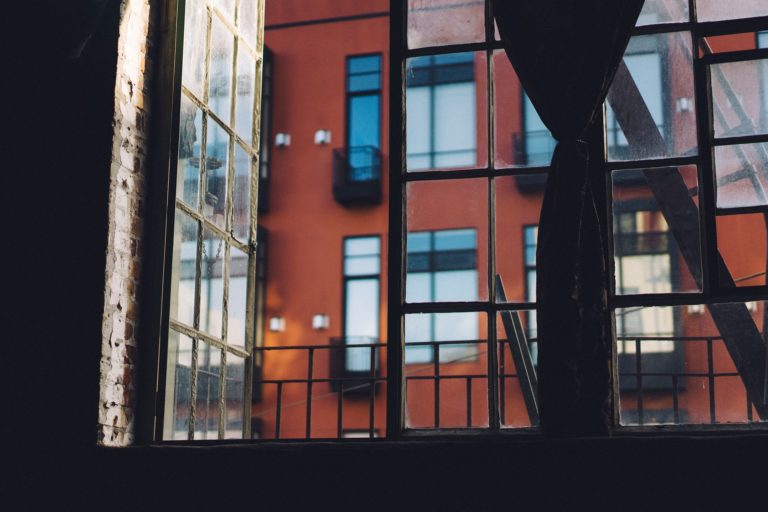
When you make the decision to rent a home or an apartment, you will likely be required to put down a security deposit. According to New Jersey’s Rent Security Deposit Act, there are laws that a landlord must abide by when collecting and returning a security deposit. This deposit is just an amount of money that you give to the landlord as a form of protection for them in case a tenant doesn’t pay their rent or causes damage to the home.
Sometimes, tenants may feel as though their landlord is charging an abnormally high security deposit. The landlord is not permitted to charge anything higher than 1.5 times the monthly rent. For example, if your monthly rent is $1,000, your landlord can’t charge more than $1,500 for the security deposit. In addition, it is important to be aware that even though a landlord may request additional security money, they can’t request more than an additional 10% each year of the deposit.
When you decide to move out, your landlord is requered to give you your security deposit back within 30 days. Any deductions for damages and rent from that deposit must be detailed in a receipt and then you must be mailed that list as well as the leftover money from the deposit.
This law applies to tenant-occupied homes, single family homes, and any other type of rental unit. The only group who is exempt are rental units with buildings that are owner occupied and have a maximum of two units other than the owner’s unit. If you believe your landlord is violating the Rent Security Deposit Act, contact an experienced landlord/tenant attorney today.
The law firm of Mattleman, Weinroth & Miller, P.C., is composed of experienced attorneys throughout the states of New Jersey and Delaware. Please contact the office for a free initial consultation and get any questions answered regarding your specific case.

